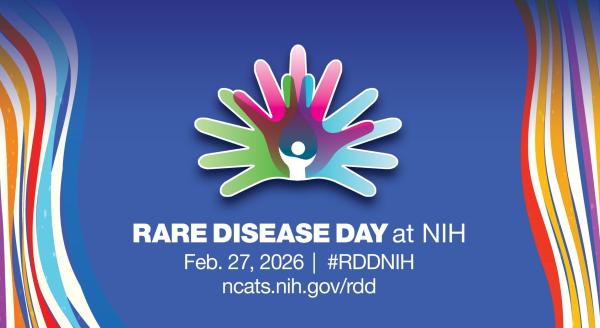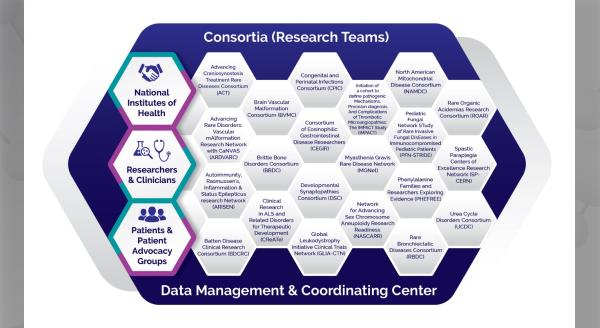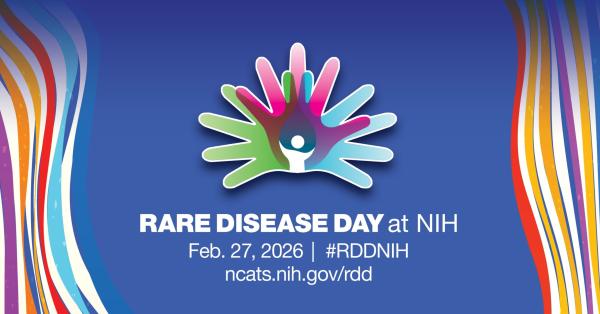Jennifer Yi-Chun-Lai Yee, MD, MPH, PhD, has received a Career Enhancement Award from the Rare Diseases Clinical Research Network’s Nephrotic Syndrome Study Network (NEPTUNE). Dr. Yee is a pediatric nephrologist and assistant professor at the University of Michigan with a strong interest in the genetics of nephrotic syndrome (NS).
Dr. Yee first became involved with NEPTUNE when she was enrolled in the PhD program in cellular and molecular biology at the University of Michigan from 2010 to 2014. When asked how her experience in working with NEPTUNE has shaped her research career, she said, “The rich clinical and genomic data in NEPTUNE has allowed me to investigate the relationship between the genetic profiling and the clinical outcomes of patients. I am also able to correlate the functional outcomes from my in vitro experiments with patient’s clinical data.
“Additionally, I have had the opportunity to interact with other nephrology researchers and scientists outside of the University of Michigan. The research experience from NEPTUNE, combined with the rich research environment of the University of Michigan, will be the foundation of my career commitment towards precision medicine and will help me establish my own unique identity as an independent physician-scientist investigating genetic variant-function relationship in glomerular disease.”
Dr. Yee and her mentoring team, the Kitzman lab at the University of Michigan, have developed a new massively parallel splicing assay in which every possible point variant from a selected exon can be tested in parallel for the splicing effect in a single experiment.
In her proposed career development project, “Identification of splice disruptive variants in nephrotic syndrome using bioinformatic prediction and exon trapping functional assay,” Dr. Yee will apply this systemic framework to discover splice-disruptive variants (SDVs) NS-implicated genes from NEPTUNE patients. She will use a combination of cutting-edge machine learning approaches, such as SpliceAI, to nominate high-priority variants using the available whole genome sequence (WGS) data. Dr. Yee will then test these variants with the high-throughput splicing assay to screen the overall burden of splice disruptive variants in this cohort of patients with NS.
The Nephrotic Syndrome Study Network (NEPTUNE) is part of the Rare Diseases Clinical Research Network (RDCRN), which is funded by the National Institutes of Health (NIH) and led by the National Center for Advancing Translational Sciences (NCATS) through its Division of Rare Diseases Research Innovation (DRDRI). NEPTUNE is funded under grant number U54DK083912 as a collaboration between NCATS and the National Institute of Diabetes and Digestive and Kidney Diseases (NIDDK).






